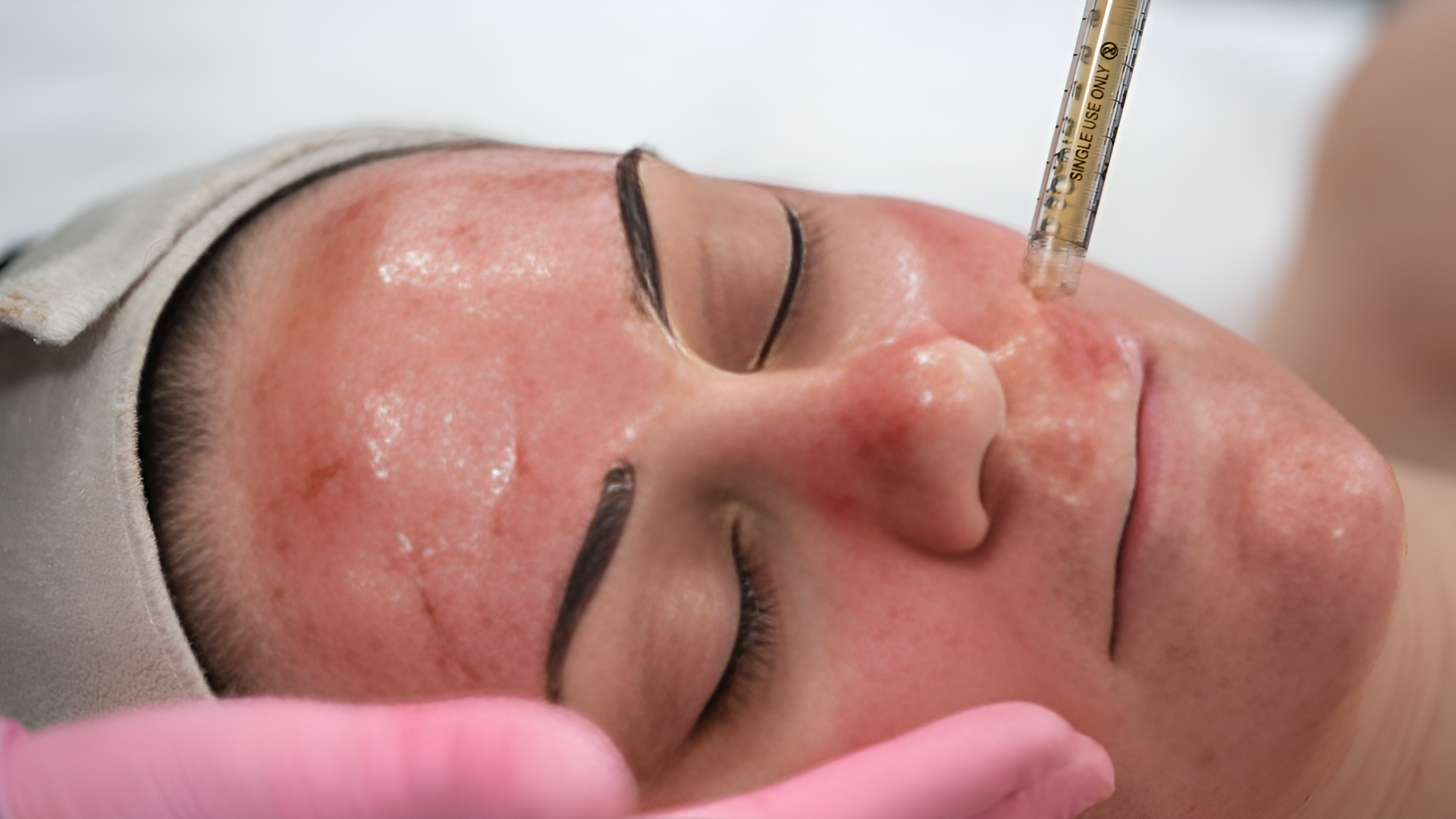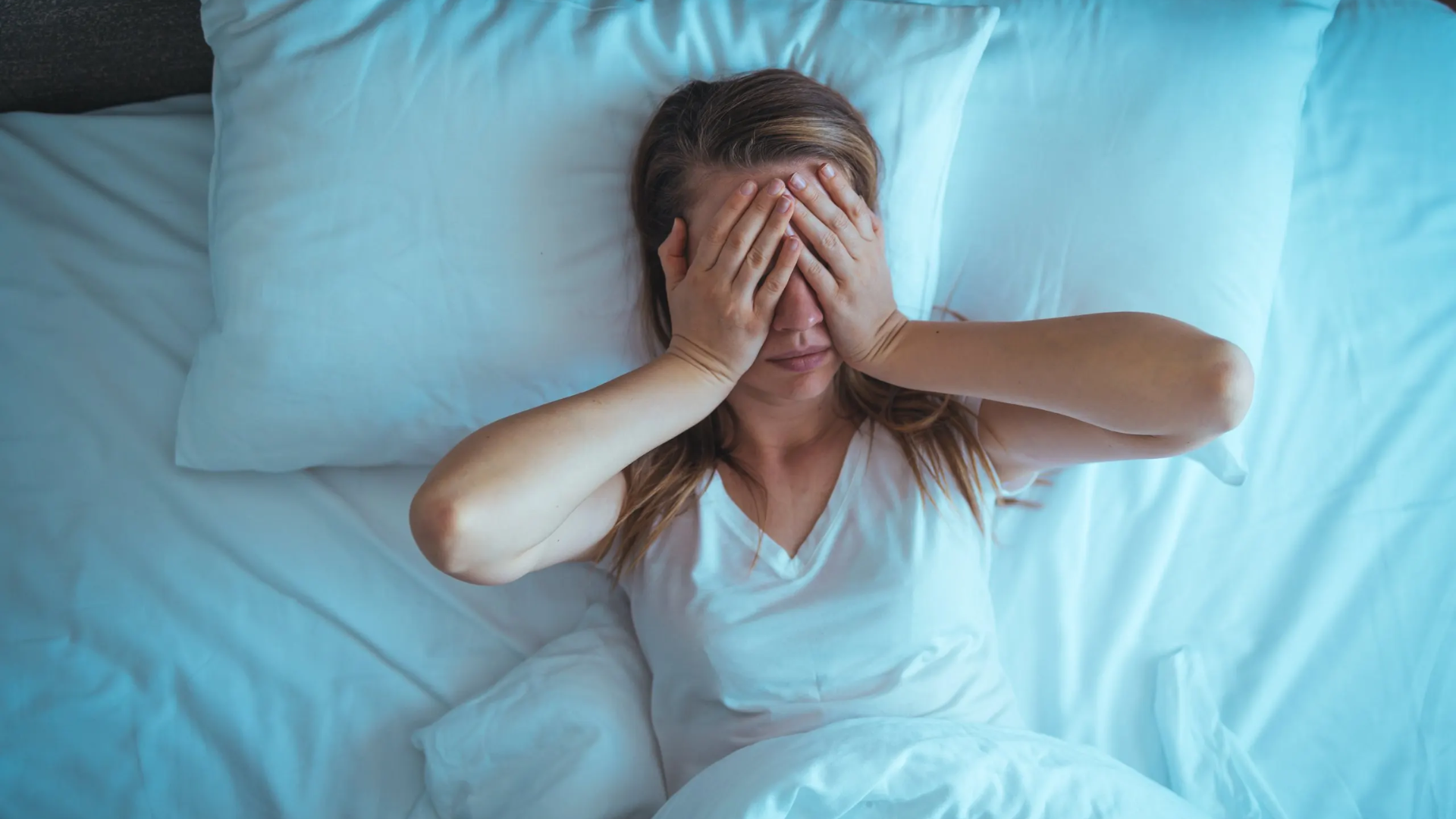










People with sleep apnea may develop memory or cognitive problems, according to preliminary findings scheduled to be presented at the 76th Annual Meeting of the American Academy of Neurology in April 2024. The exhibition is scheduled for April 13-18, both in April 2024. Denver and online. Although studies have shown a positive relationship, it has not yet been determined whether sleep apnea directly causes cognitive decline.
Sleep apnea, which is characterized by impaired breathing patterns during sleep and causes a decrease in oxygen in the blood, is a condition that is often undiagnosed. Symptoms include snoring, panting, apnea, morning headaches and difficulty concentrating. The author of the study Dr. Dominique Low from Boston Medical Center in Massachusetts emphasized the importance of recognizing the symptoms of sleep apnea and noted that there is a treatment for it.
The study involved 4,257 participants and included studies examining sleep quality, memory and cognitive problems. To assess sleep quality, participants were asked whether they snored, panted, or paused during sleep, and memory and cognitive problems were assessed with questions about memory difficulties, lack of confusion, concentration problems, and decision-making problems.
1,079 of the participants reported symptoms of sleep apnea. 33% of this group reported memory or cognitive problems, compared to 20% of those without sleep apnea symptoms. After accounting for factors such as age, race, gender and education, researchers found that people with sleep apnea were about 50 percent more likely to report memory or cognitive impairment, while being more aware of the problem than those without symptoms.
Dr. Low emphasized the importance of early screening for sleep apnea and noted the availability of effective treatments such as continuous positive airway pressure (CPAP) machines. In addition, he emphasizes the role of good sleep, healthy nutrition, regular exercise, social interaction and emotional intelligence in reducing the risk of memory and cognitive problems and therefore improving overall quality of life.
Limitations of the study should be noted, including that it was based on self-reported symptoms and data from one study. Additional research is needed to follow sleep apnea patients and monitor their memory and cognitive symptoms over time.









